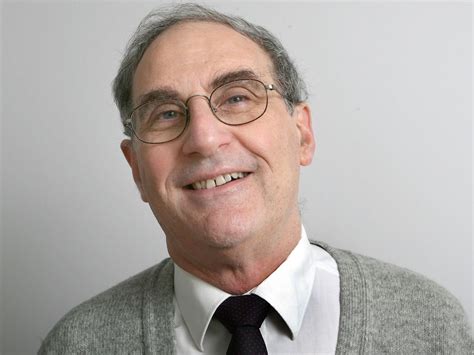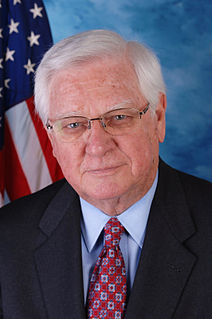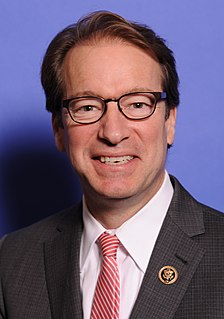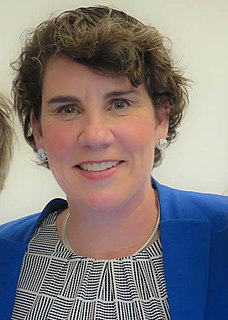A Quote by George W. Bush
We have enough coal to last for 250 years, yet coal also prevents an environmental challenge.
Related Quotes
Coal used to be a very dirty fuel but coal has become cleaner and cleaner over the decades. Clean coal now is quite clean. Clean coal now has the same emissions profile as natural gas. Clean coal can become cleaner still. We can take even more of the pollutants out of coal and I believe we should. Clean coal, I think, is the immediate answer to Canada's energy needs and the world's energy needs. There are hundreds of years available of coal supplies. We shouldn't be squandering that resource. We should be using it prudently.
Letting the perfect be the enemy of the good is one of the reasons we have a coal-dependent infrastructure, with the resulting environmental impact that all of us can see. I suspect environmentalists, through their opposition of nuclear power, have caused more coal plants to be built than anybody. And those coal plants have emitted more radioactive material from the coal than any nuclear accident would have.
There is a thing called clean coal. Coal will last for 1,000 years in America. Now we have natural gas and so many other things because of technology. We have unbelievable - we have found over the last seven years, we have found tremendous wealth right under our feet. So good. Especially when you have $20 trillion in debt.
The climate-change industrial complex pontificates that the U.S. has to stop using coal to save the planet. But even if the U.S. cut our own coal production to zero, China and India are building hundreds of coal plants. By suspending American coal production, we are merely transferring jobs out of the U.S.
I'm old enough to remember when the air over American cities was a lot dirtier than it is now. You've probably never woken up early on a winter morning to the acid stink of coal smoke in the air, which was everywhere when I was a little kid. My grade school was heated with coal. Not only was coal used to generate electricity, it was without any scrubbers in the stacks.






























